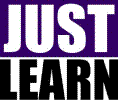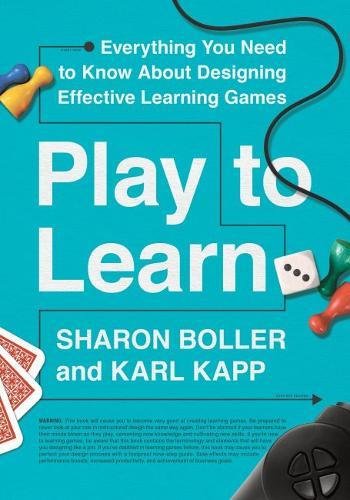Piece from James E Ryan in The New York Times.
Learning technologies offer great potential to improve education, but whether that potential will be realized depends on three key factors, which have less to do with technology itself and more to do with the people using it.
Read more: Teacher and Tech: Making the Most of Learning Technologies
Every industry has their own glossary that professionals must commit to memory.
In this article from Christopher Pappas, you’ll discover 10 eLearning terms that every eLearning freelancer should know before they meet with their first client, hold a project kickoff meeting, or start building their online eLearning portfolio.
Read the full article at eLearning Industry.
You expect that when you search for a book on Amazon, or a sweater on Zulily you’ll find the price front and center. It’s normal in the consumer world. But in business-to-business sales, like in education technology, it’s not always that easy. Some ed-techs companies list their prices, others don’t. That often leaves teachers and administrators scratching their heads.
Read more: Understanding Ed-Tech Product Pricing, for Educators and Entrepreneurs
While not initially coined to describe a technical object, but rather a team of Open Badge enthusiasts willing to exploit the benefits of blockchains, BadgeChain is also a word that might be used in the future to describe a new technical object resulting from the merger of blockchains and Open Badges.
Learning analytics is an emerging, highly interdisciplinary field where many disciplines--such as education, computer science, and engineering--intersect. Since its first significant scholarly gathering in 2011, learning analytics has been increasingly mentioned in news, technical reports, academic publications, and grant solicitations. The surge of this nascent field rests on a promise--and also a premise--that digital traces of learning could be turned into actionable knowledge to promote learning and teaching.
Finding high-quality open educational resources used to be a challenge, but a number of curated OER collections have made the task much easier for educators.
Writing in an Insight piece for the CMI, Jermaine Haughton tells us that learning is not just for the young, with new research from Coursera showing that the most active online learners are professionals studying alongside their work commitments.
Coursera have revealed a 50% increase in new registrations over the last 12 months, with a large majority of this increase coming from workers in their mid-twenties or older who already have strong work experience.


